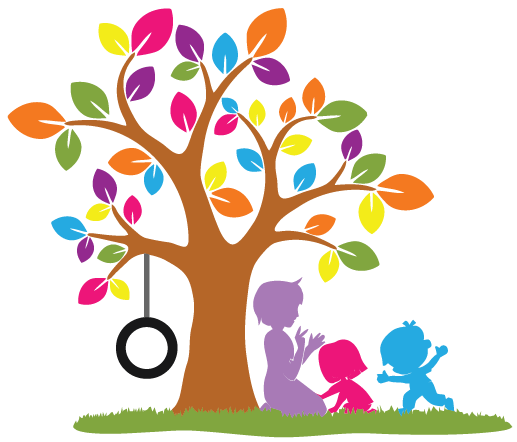Choosing the Best Childcare Program
As a parent, the single most important decision you consider is selecting childcare. It is finding that perfect fit with someone that you trust to care for your child the way you do. You are tasked with finding that one special provider who will keep your child safe and shower him with attention, patience, and an abundance of smiles. You need to be certain that when you cannot bear witness to him jamming that crayon up his perfectly little button nose- that this daycare provider, with her magical superpowers, will recognize that glint in his eye before he even gets the chance. It seems impossible, right? It can feel like the most daunting, emotional, and exhausting task ever! I mean, who can provide that same level of constant care to someone who isn’t their own? The answer may seem surprising to you but it’s an easy one: Home Daycare. “Home Daycare?” You ask suspiciously. “Isn’t that someone who stays in their jammies all day with a bunch of kids, so she doesn’t have to work?” On the contrary, my friend.
Home Daycare, also known as Family Childcare, looks and feels a lot different than the generalized stereotype from long ago. Providers who open their home to provide childcare are not babysitters. They are early childhood educators that have combined their love for children, their drive to be home with their families, and a yearning for a rewarding career. Most providers have experience working with children in some capacity and have been educated in childhood development. Home Daycare providers go through a rigorous licensing process with required training (both related to child development and medical response,) extensive background checks, home inspection and must abide by a variety of rules and regulation. In short, being a home daycare provider isn’t for the faint of heart. Someone who is willing to entrench themselves with a home daycare business does it because they believe whole heartedly that they are providing an important service to the well-being of children. They know that a comfortable, nurturing, home-like environment is what small children need and what parents want. They know that before they embark on their journey to the wide world of kindergarten, children need an opportunity to master their tiny domain so that they may become confident. Home Daycare providers open their homes, their arms, and their hearts to the children of their community. And now more than ever, parents are flocking to Home Daycare facilities.
In most states in the U.S., Home Daycare facilities are licensed to care for up to 12 children. Their counterparts, Child Care Centers can care for upwards of 100 children. In preparation for post-pandemic life, parents are re-thinking large classroom sizes and large facilities. The rate of infection is likelier with exposure. Less children = less illness. This translates to parents having peace of mind that their child will encounter a small, limited number of children and dedicated providers. In today’s world, this is a welcomed blessing. Home Daycare providers have been recognized as are more valued and essential than ever.
Another advantage to choosing Home Daycare is the exposure to multi-age groups. Child development is unique in that it isn’t specific to months or years. Children learn at their own pace. Children can learn and come together where they are developmentally- regardless of age. While a child may be strong academically, they may need help with the social- like problem solving. Socializing with children in other age groups can help teach critical thinking and model positive behavior. A great example parents tend to get excited about is potty training. So often children will exhibit potty training willingness simply because he sees the “big boys” using the potty. It’s peer pressure at its finest moment! Older children who are around younger children learn nurturing and naturally develop leadership skills. They feel a sense of pride with being the oldest members of the group and tend to act accordingly. They are the “helpers” with shoes and zippers, admired for their “advanced” artistic abilities, sing loud and proud during circle time. Child led learning within multi-age groups promotes both academic and social skills necessary to succeed in primary school. This is an advantage of home daycares as their programs are well equipped to help promote this learning.
Home Daycares are managed by one licensed provider. The provider may employ an additional caregiver for flexibility but typically, family childcare providers do it all. There are no “floaters” or teachers from other classrooms “subbing” in. Your toddler won’t be confined in an industrial like classroom with 20 other kids and two teachers. He will be in a comfortable, small, and nurturing setting at his young age. And because the number of providers your child will learn from is small, it ensures that your child’s development will be consistently observed, and curriculum can be adjusted to meet his specific need.” The transition from home to home daycare will become seamless and natural. He will soon walk in without knocking because it will have become his. So, look within your community and find that gem of a Home Daycare. You and your child deserve it.
